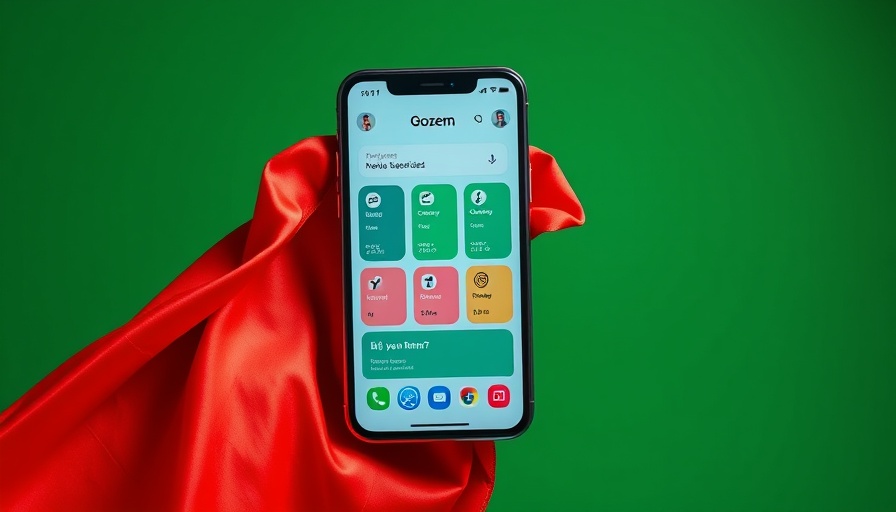
Gozem: Bridging Financial Gaps in Togo
Gozem, a super app from Togo, is making waves by launching Gozem Money, a new mobile money platform that aims to revolutionize financial access for Togolese citizens. This initiative springs from a collaboration with NSIA Bank Togo and is designed to enable users to manage their finances more efficiently through mobile technology. In a country where the mobile money market experienced a staggering growth to $1.54 billion in early 2024, Gozem Money is stepping in at an opportune moment.
Transforming Digital Payments in Africa
Mobile money use is on the rise across Africa, with companies like Gozem leading the charge. Gozem Money promises lower withdrawal fees and a user-friendly interface that allows seamless transactions across different operators. By placing emphasis on affordability and accessibility, Gozem is attempting to unseat dominant players like TMoney and Flooz, who currently hold 60% and 40% of the market share respectively. As the region's mobile financial services evolve, the potential for Gozem to carve out its niche seems expansive.
Strategic Growth and Future Aspirations
As Gozem rolls out its new service in Togo, the startup has aspirations that extend beyond borders. There’s a plan to expand Gozem Money into neighboring countries like Benin, Gabon, and Cameroon, where they already offer transport services. Key to this endeavor is blending financial services with their existing platforms, drawing insights from global leaders where super apps like WeChat have thrived. Gozem is positioned to leverage the rising demand for digital payments while addressing the needs of the unbanked across West Africa.
Driving Inclusivity in Financial Services
Jean Sylvestre Nango, the Managing Director of Gozem Money, highlights their commitment to not just providing services, but also making a social impact. By prioritizing financial inclusion, Gozem is addressing an important need in a region where financial literacy and accessibility are still developing. With over 57% of the population engaging in digital payments, Gozem's timing couldn't be better, as it launches a service designed to facilitate everyday transactions with ease.
Conclusion: The Future of Financial Technology in Togo
Gozem's entry into the mobile money landscape is a promising indicator of technological progress in Togo and beyond. Its approach encapsulates a broader narrative of innovation within Africa, setting the stage for more competitive and accessible financial services. With their eyes set on expansion and technological integration, Gozem is eager to help shape the future of digital payments across the continent.
 Add Row
Add Row  Add
Add 


Write A Comment